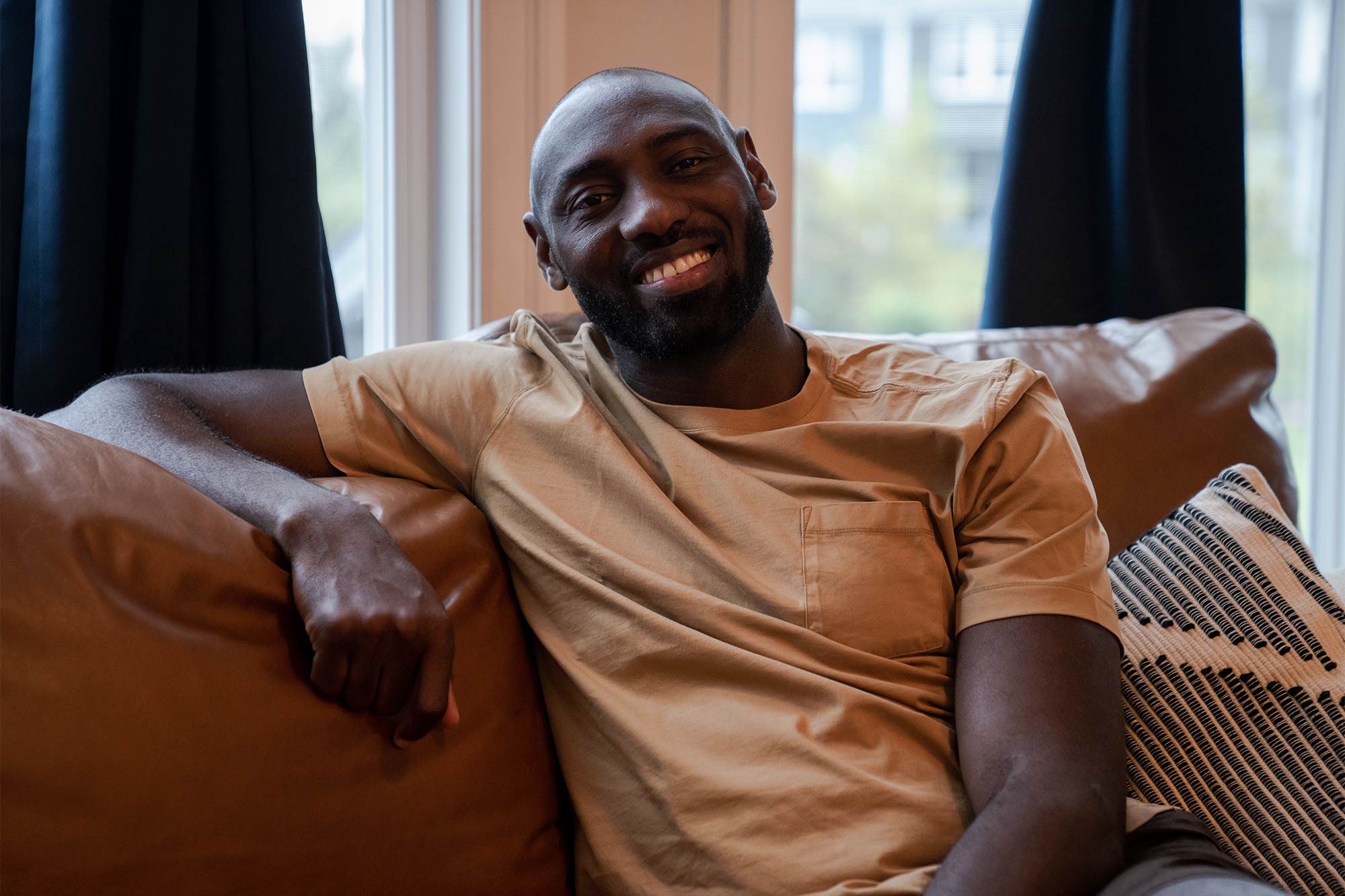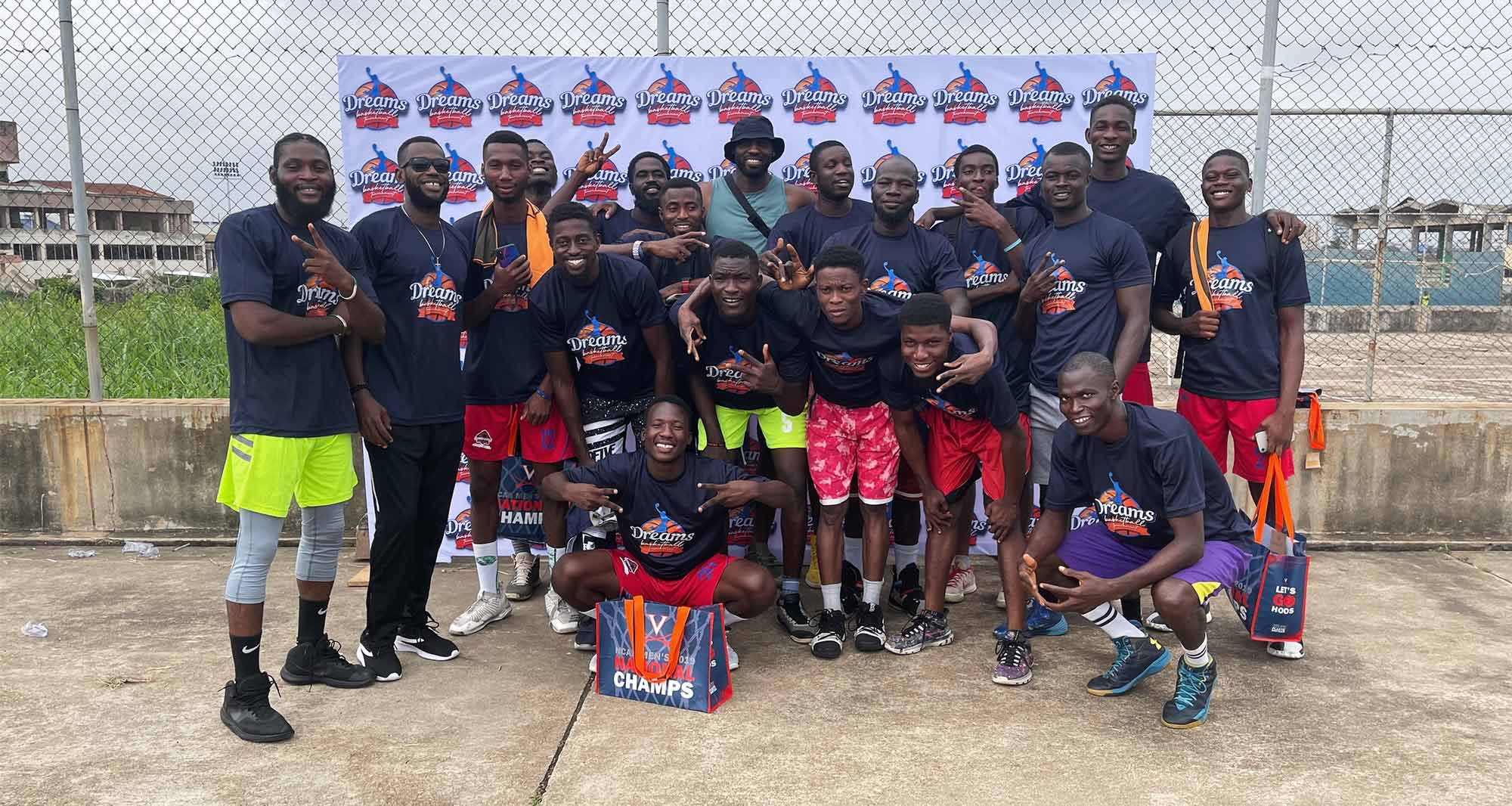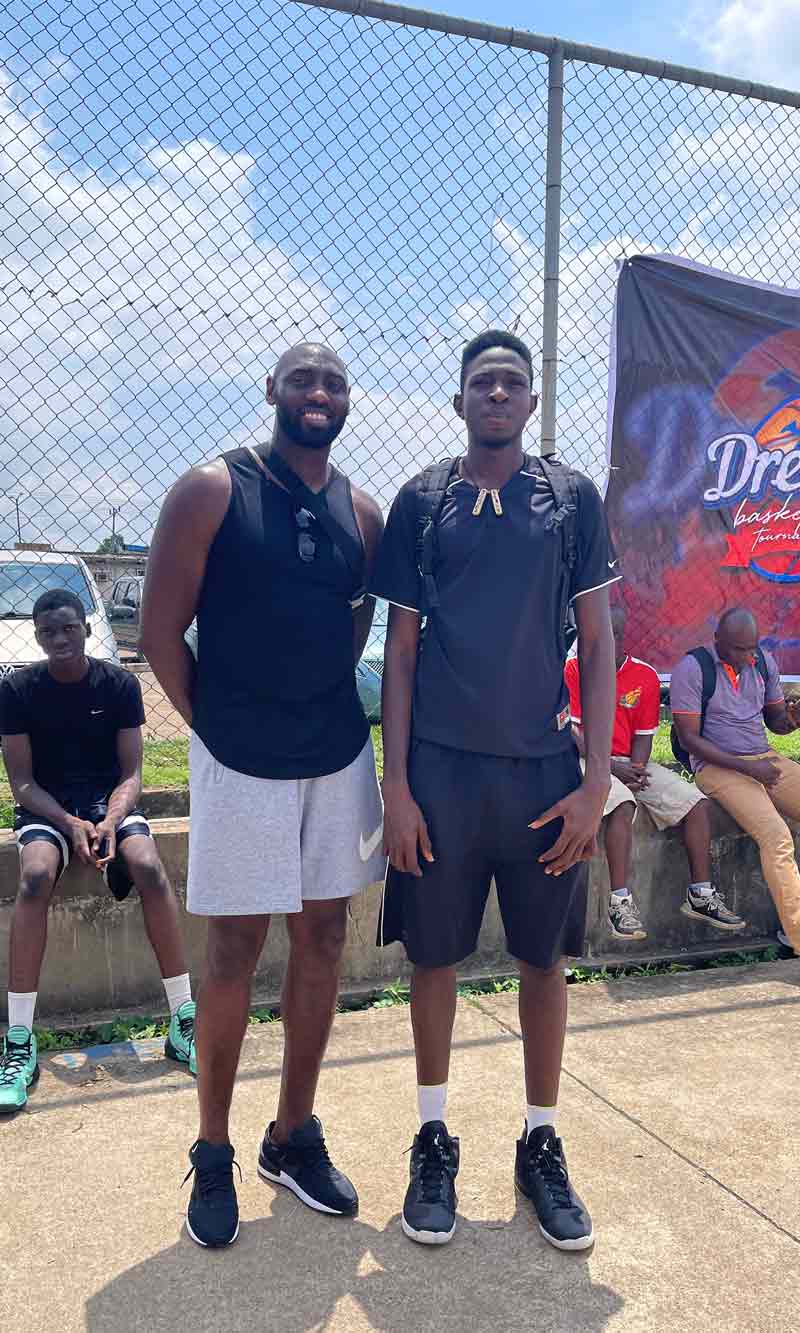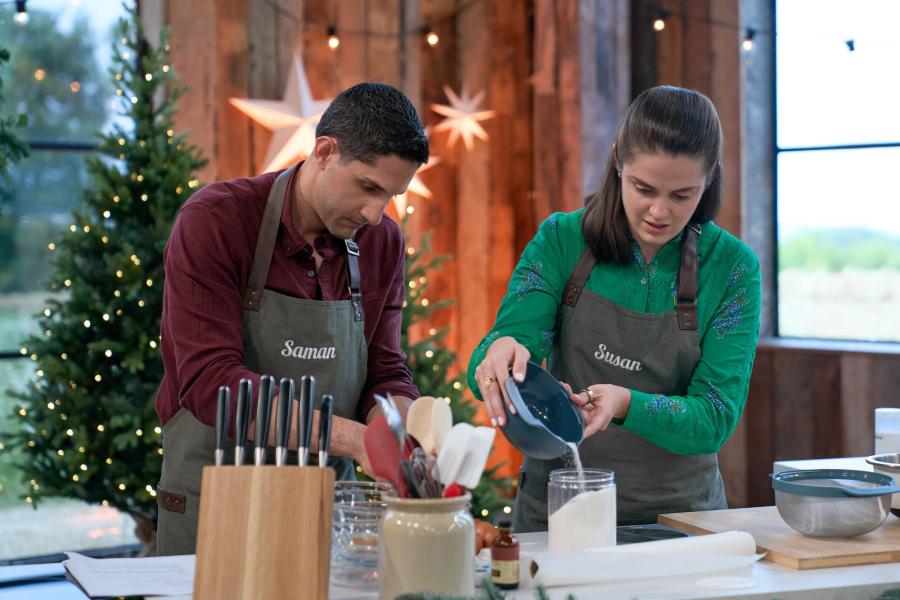“I was seeing kids go to school with torn uniforms and one shoe,” Soroye said. “I saw people early in the morning going to fetch water with buckets on their heads.
“Everything I went through as a kid, after 15 years of being away, it just came back to me. I was like, ‘This is crazy.’”
Though the specific date is undecided, Soroye has plans to go back to impoverished Ibadan before the end of 2022. This time, beyond again hosting “The Dreams Tournament” basketball event, he has ambitions to visit schools and, most notably, build a well.
It’s a mission-driven trip rooted in Soroye’s own personal experiences.
Without the help of others, there’s a good chance Soroye would not be in the position he is in today. A cousin introduced him to basketball as a 15-year-old after Soroye became “too tall” for soccer. Later, a high school coach from Maryland saw enough potential in Soroye to bring him to the United States in his 11th-grade year.
He wants to pay it forward.
The goal of The Dreams Tournament is listed on the Just Help Africa website: “By combining the structure of an organized tournament with the immense experience of our founder (who played collegiate basketball on a nationally ranked team), The Dreams Tournament aims to give passionate players the chance to showcase their talent, get critical feedback to understand where they need to focus their practice further, and an opportunity to be recognized for scholarships and other life-changing help from outside of Nigeria.”
Soroye said he saw in the first year of the tournament “many young, good players. There were like three guys who were taller than me. Young, but just raw.”
The more Soroye relays this kind of information to his basketball contacts in the U.S., the more he believes there’s a chance a few of these young Nigerians can follow in his footsteps of playing college basketball.
This is part of his intended message when visiting local schools.
“I’ll tell them there’s hope, because I used to be one of them,” he said. “‘Hey, listen, just keep doing what you’re doing. Whatever your parents can afford, make the most of it. You never know what tomorrow can bring. You never know who you can meet to help you out.’”
Soroye, who went on to play 99 games in a Cavalier uniform (including 41 starts), didn’t grow up with much.
“I had maybe two pairs of pants,” Soroye said. “I had one pair of shoes, too, because I was tall and they couldn’t get my size. So, I had one pair of shoes for years.
“Jerseys, if you were able to get your hands on a fairly used jersey, you saved it and you wore it to church on a Sunday. And then you came back and you folded it and saved it for the next Sunday.”












